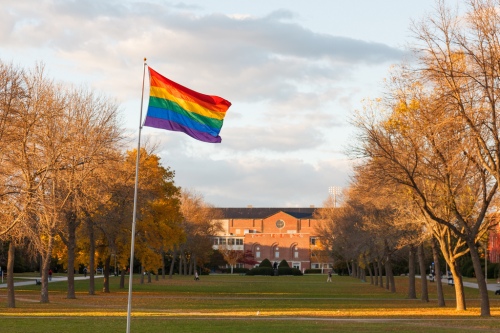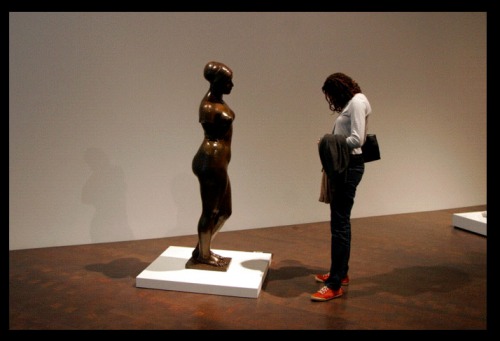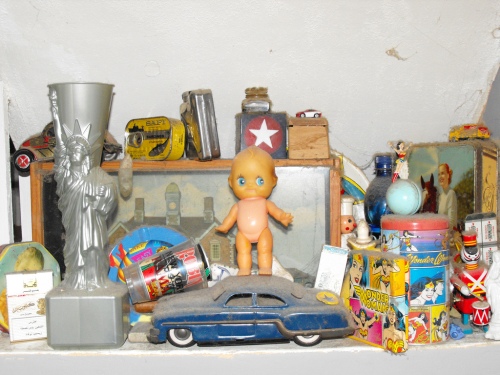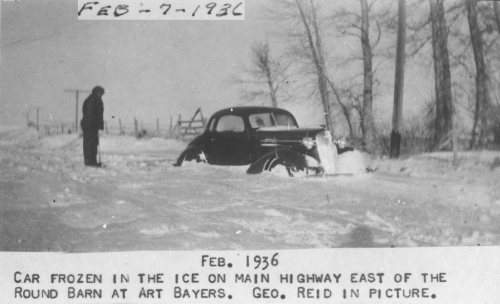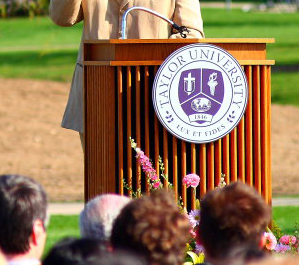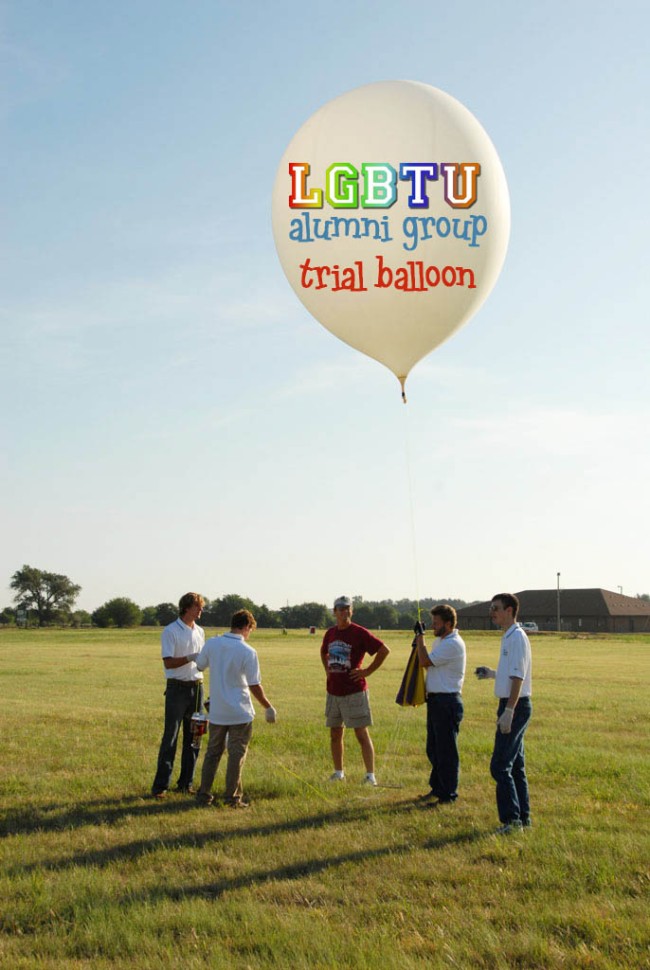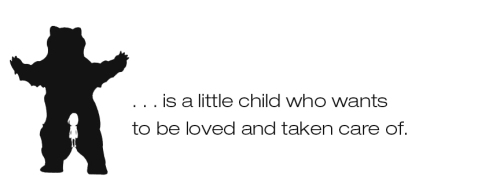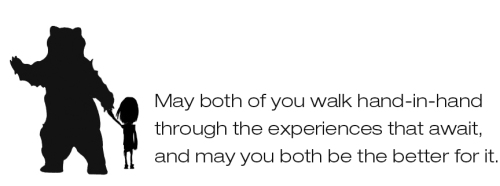“Seek and save the lost”—how many times was I enjoined to do this during my growing up years? I never thought I would become one of them, one of The Lost. I never imagined how many religious boots would be planted against my rear-end kicking me out the door, to the curb, to hell, if not back. In the following post (text and link below), blogger Kohleun sounds an alarm I hear increasingly being raised: religious institutions are at the forefront of the movement to alienate people, to draw bold lines between us and them, and to make sure the Thems know they are not wanted, not welcome.

This Is How You Lose Us: an open letter to religious institutions of higher education
by Kohleun
I completed my undergraduate education at an Evangelical Christian university, and my master’s degree at a university in Britain. The latter was so large and liberal enough not to keep much of a tab on the personal lives of its students or to feel like its students’ personal lives had much effect on students’ academic performance. It was pretty well observed that skipping lectures and seminars due to hangovers was a stupid idea. At the latter I was also told by an undergraduate student that if I wanted to flirt with academic staff members, undergrads, or to watch academic staff members flirt with undergrads, the philosophy department reading parties were the place to be. This was surprising knowledge coming from my undergraduate institution, where I later worked as an adjunct instructor, and where there are people I love and people with whom I have tense relationships, and people with whom I have faith those relationships will someday heal.
The world of Evangelical Academia has faced a lot of potential challenges and changes in the last few years—mostly social and political—regarding racism, sexism, religious exclusion, and inequalities leveled at undocumented persons and at gay, lesbian, bi, and trans people. When I was an undergraduate student almost ten years ago (gulp), we were having these conversations even then, as were classes before me. There are alumni groups from multiple religious institutions that have come together to advocate for inclusion and equal treatment of students, faculty, and staff. Years and years of graduating classes. We are smart, we are hard working, we are willing to speak up for those who may not have the resources to do so, and we are tired of having to prove that we belong in universities that claim they want smart people, world-changing people, loving people. We grow weary. And they can’t expect to keep us.
Dear religious institutions of higher education, This Is How You Lose Us:
Make only some of us prove we belong here in non-academic ways. There are gay people, trans people, non-white people, undocumented students, and even women who are smart, kind, and hard working. We want a solid education. We can contribute to an intellectual community. We have money, or otherwise qualify for funding. If you want to refuse queer people because they’re sinners or undocumented persons because they’re breaking the law or not support women in spiritual leadership, then I shouldn’t have been admitted, because I once shop-lifted popcicle sticks from the craft store (accidentally), and I consistently lied to my parents about brushing my teeth through much of first grade. Oh, wait. I graduated with the top grade in my major, studied at Oxford and St. Andrews, and hold a distinction on my post-graduate degree, AND I’ve never had sex with a woman? Okay. No worries.
Throw us under the bus, because funding is more important than integrity. The arts and sciences are both avenues for further thinking. They’re what we’re here to learn, to be a part of, and even as students, we are here to speak into the existing discourses and further scholarship. When you censor our work, say a controversial theatre production or findings that humanize non-Christians, because you’re afraid donors will pull funding, you are essentially not trusting us to learn. You are withholding our opportunity to be responsible with our own findings, and to tell meaningful stories. You are fearful of what we might do with the truth. Fearful that we, in our learning, will lose you money. Don’t short-change us. Don’t underestimate our hearts and our minds.
Foster an environment of exclusion. Why must we who are not white straight cis-gender males face added scrutiny in our work, or be called “diverse students” rather than “students”? (I was actually at a luncheon where a high-ranking academic official referred to students of color as “diverse persons,” and if one person could be diverse.) Why do female pastors at many of your institutions still face disrespect from their students and colleagues on the basis of sex and gender? You should protect those you employ from harassment. It’s national law. Why do non-white students still juggle deeply personal questions about their ethnic heritages upon first meetings? Why do trans and otherwise queer students have to stay closeted or face expulsion or “no room at the inn” when it comes to on-campus housing with their friends? You are a community that by definition is about thoughts manifested in action: in scholarship, culture creation, medical advances, and social development. Don’t tell us you can’t proactively work towards creating awareness and inclusion in your administration, faculty, and student bodies.
Don’t anticipate change. React against it, or pretend it doesn’t exist. The world is changing, yes, and it’s hard to keep up, granted. But here’s a not-so-secret secret. There have always been people who are different from you. There have always been multiple possible outcomes, perspectives, and ideas. You can’t pretend them away. When you close your eyes and think of England, they’re still here. We’re still here.
Be inconsistent. I didn’t know until after graduating that students of my Evangelical alma mater did, in fact, party.
“Like birthday parties?” I asked.
“Yeah, some of them were birthday parties.”
“With cake?”
“Sure, Koh, with cake.”
Some students had sex, smoked, and drank even though all traditional undergrads and faculty weren’t allowed to consume alcohol or tobacco or have sex outside of marriage. And to this day these behaviors continue. But, if you are one of the university’s best and brightest, you can get away with a don’t-ask-don’t-tell sort of deal. In the meantime, students who are outwardly queer face the Hammer of God. Way to encourage honesty and way to go on cutting down on student drunkeness and pre-marital sex.
Encourage shame and ignorance rather than personal growth. In The Perks of Being a Wallflower, Charlie asks his friend Patrick why he sees his boyfriend, Brad’s, painful outing so positively. Patrick replies, “Because at least he doesn’t have to be drunk to love me anymore.” When you foster shame for normal human experiences, you also foster secrets being kept in darkness, and ignorance and fear of these experiences as well. I know of three recent Christian college grads whose first sexual experience was post-graduation, induced by heavy alcohol consumption, and completed without protection. Now I’m not blaming these unfortunate experiences on their college environments alone. But as I think back to recent discussion panels on sexuality at some institutions, I remember shame and holier than thou currents in equal measure, neither of which able to understand each other. If you truly are grace-filled institutions, why is it that I know faculty members who have shared their stories about sexuality—who were open and brave—only to be shut down and discouraged? Why do many students graduate ashamed of their bodies and their choices, ready for self-harm rather than knowing appropriate steps towards healing?
Keep us in the Anger Stage. I cannot tell you how many people have told me they don’t like feminists, because the only feminists they have encountered are fresh from the Evangelical Uni. experience. They’re angry, militant, and loud. I tell folks, “Well, they should be. For a while.” It has been my experience that Christian universities have some very progressive-thinking people who nurture students who want to see equality. But when we come up against a culture and implicit and explicit rules that don’t allow us to make changes and to grow, we stagnate. We stay angry. So, if you don’t want a bunch of angry activists running around your campuses, hear us. Let us put our egalitarianism to work. We promise, it won’t hurt anyone.
Stop being brave for us. Private discussion groups in the upper room of coffee houses are great. They give us an outlet for our anxieties and our hurts, and a safe space to talk about important things. Telling us God loves us just as we are helps. But don’t stop there. If you have the power to rock the boat, rock the boat. We know it’s a risk. But aren’t we worth the risk? Aren’t the people we are and who we represent something to be brave for? Thank you for treating the symptoms of inequality. Please continue to stand with us against the disease.
Sincerely,
a disenfranchised student
photo credit: Monsieur Kaox, flickr


